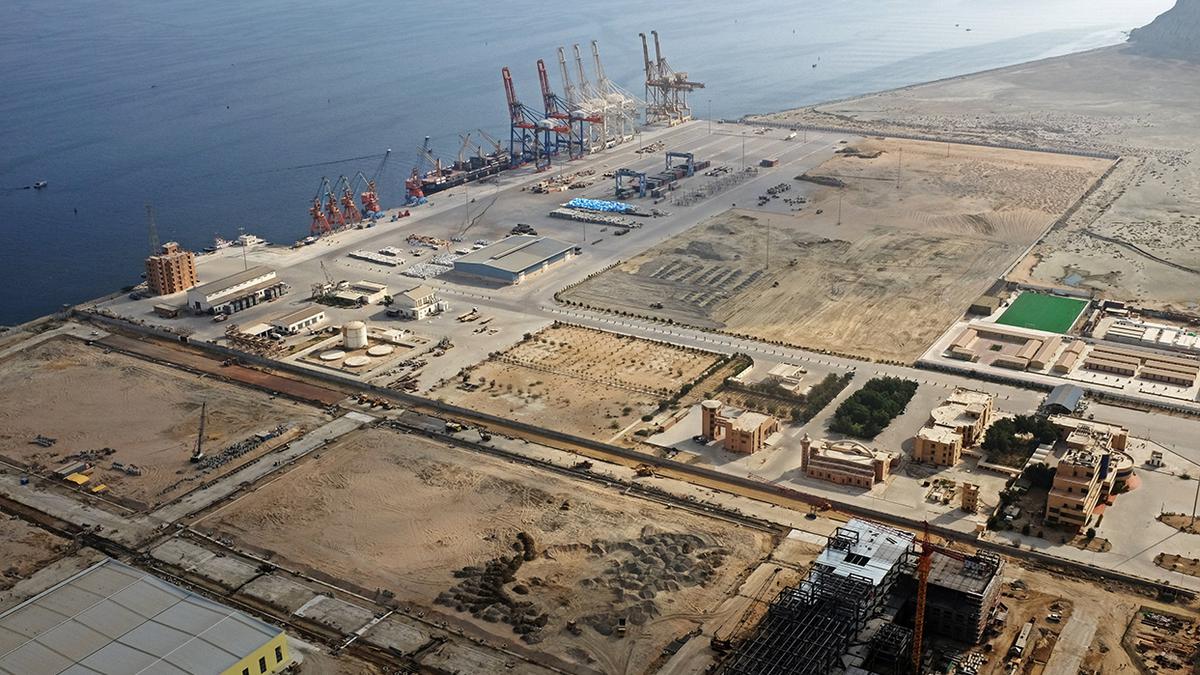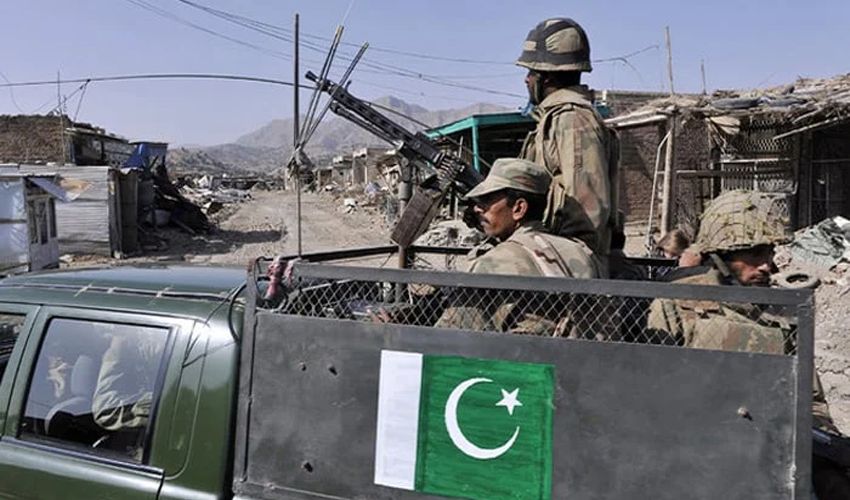On May 9th, Gwadar was rocked by a brutal attack that claimed the lives of seven barbers. The perpetrators, believed to be Baloch terrorists, struck while the victims were asleep, displaying a level of brutality that defies comprehension.
This act has sent shockwaves through the community, raising questions about the motive behind such violence. The victims, known for their humble livelihoods, were targeted in a manner that goes against the values upheld by any religion, creed, or society.
What adds to the tragedy is the socio-economic status of the victims. Living in dire conditions with minimal amenities, they were among the most vulnerable members of the community. Their right to earn a living was viciously disregarded, leaving families shattered and communities in mourning.
As investigations unfold, questions arise about the broader implications of this attack. Did these individuals not have the right to seek employment and education elsewhere?
Baloch people have historically pursued opportunities beyond their homeland, yet the narrow-mindedness of the perpetrators has turned against their own people.



























